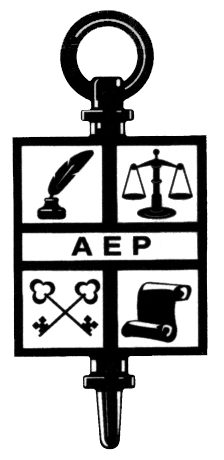How do I select Personal Representative or Trustee?
If you are drafting a will or trust, you will be required to select a personal representative (executor) to administer your estate and/or a trustee to carry out the terms of any trusts you have established. Here are some considerations for selecting the right person or professional for the job.
Look for someone with good financial sense. A personal representative or trustee doesn’t need to work on Wall Street to be a solid choice to manage your trust. Choose someone with good financial judgment and common sense. It is also fitting to find someone who is willing to ask for professional help, when needed. It goes without saying that a trustee should be someone you trust.
Select someone who can work well with your beneficiaries. This person should have the ability to say “no” to a beneficiary who wants to act outside the trust terms, but also be someone whom the beneficiaries can trust and work well with. Select someone who will inform and communicate with beneficiaries, follow the trust terms and act in the beneficiary’s best interest. If there is high conflict in an immediate family, it may be best to choose a close friend or professional to manage your trust.
Take into account longevity. Anticipate the length of time your trustee will be needed to administer your trust. You’ll want to choose someone in good health and of a reasonable age so that they will be around to do just that. If you choose a corporation or professional trust company, then choose one that is likely to be in business in the future.
Think about the possibility of a team. It may be appropriate to designate co-trustees, especially in cases of trusts that will last a very long time or that have a significant amount of assets to manage. The biggest benefit of this situation is that tough decisions aren’t left in one person’s hands. One drawback, however, is the possibility of tension arising between family members designated as co-trustees. A corporate or professional trust company is another option for a co-trustee.
Always name a successor trustee or personal representative. Often a trustee or personal representative is unavailable to serve when needed, whether because of death, distance or disability. You should keep in mind that your trust may outlive the person you hoped to administer it. You should name one or two successor trustees (backup) in your trust and then give directions for how additional successor trustees will be appointed if your choices are not able or willing to serve.
Revisit your choice every few years. The perfect pick today may not be the perfect pick 5 years from now. For example, you may have selected your brother-in-law as trustee, but what if your sister and he divorce and he becomes estranged from the family? It would likely be unwise to keep him as trustee. Life’s circumstances change and your planning should reflect these changes.







